Boot camp or a university degree?
This is a guest post by our tech facilitator Al Del Degan. It was orignially published on New Idea Machine.
When comparing a university or college to a bootcamp, it is important to note that they are all valuable, they just serve different types of people.
Consider for a moment, two people that want to become professional software developers. The first person, we will call him George, heads out to a formal university Computer Science degree program. The second person, we can call Sarah, signs up for a 6-month government funded bootcamp.
George is signed up for a bunch of exciting courses in his first semester. He is taking philosophy, a math course, and two computer-focused classes. Sarah is learning how to create an API using Node.js, and how to use Postman to make REST calls.
Three months into the programs, George is continuing his courses and he has learned the origin of boolean logic, how to understand finite-state automaton as well as that “post hoc ergo propter hoc” is an informal fallacy that states: “Since event Y followed event X, event Y must have been caused by event X.”
In the middle of the fifth month of the programs, Sarah has learned how to build a full-stack application, with a React front-end, that connects to an API and adds, updates, inserts and deletes records in a MongoDB. She and her class project team are nearly finished creating their new application that would allow a building manager to process service requests entered by his tenants on their smart phones.
Sarah doesn’t know anything about state machines, nor does she know about the various types of philosophical fallacies. She does, however, know how to build a basic full-stack application, even though she would still need to do some Google searches to figure out a few things that are still fuzzy along the process.
Unfortunately George, having completed his first semester of university still has 7 more semesters to go, and his final investment at the end might run around $90,000.00. Sarah, on the other hand has landed her first position as a junior software developer, and since the bootcamp was government funded, she doesn’t have a bill to pay.
Once George has finally completed his Computer Science degree, he will be able to demand a higher salary than Sarah was able to obtain when she finished her bootcamp. That’s okay though because Sarah now has 3.5 years experience and is leading a team of 5 people at a startup and earning a 6-figure salary as an intermediate developer and team leader.
In the middle of the fifth month of the programs, Sarah has learned how to build a full-stack application, with a React front-end, that connects to an API and adds, updates, inserts and deletes records in a MongoDB. She and her class project team are nearly finished creating their new application that would allow a building manager to process service requests entered by his tenants on their smart phones.
Sarah doesn’t know anything about state machines, nor does she know about the various types of philosophical fallacies. She does, however, know how to build a basic full-stack application, even though she would still need to do some Google searches to figure out a few things that are still fuzzy along the process.
Unfortunately George, having completed his first semester of university still has 7 more semesters to go, and his final investment at the end might run around $90,000.00. Sarah, on the other hand has landed her first position as a junior software developer, and since the bootcamp was government funded, she doesn’t have a bill to pay.
Once George has finally completed his Computer Science degree, he will be able to demand a higher salary than Sarah was able to obtain when she finished her bootcamp. That’s okay though because Sarah now has 3.5 years experience and is leading a team of 5 people at a startup and earning a 6-figure salary as an intermediate developer and team leader.
Of course, I am being a little hard on George. When he comes out of university, he is going to have a lot of great skills and experience. He will understand programming at a deeper level and be able to have philosophical debates at parties.
I know, I am just like George… well not exactly like him. I put myself through college and university but I ran out of money before I could finish the last semester. I had no choice but to get a job. It took me many years to finally pay off my student loans. I don’t regret it all, and bootcamps didn’t even exist back then anyway.
I guess the point is, if you are young, and someone else is paying for your education, then yes you should go for it. Get your degree and have the little letters behind your name on your business card. However, if you want to change careers, or you can’t afford to go to a formal college or university, consider a bootcamp. Government funded or not, the bootcamp option is magnitudes cheaper, and you will be out working much faster.
Best of luck!
~ Al


